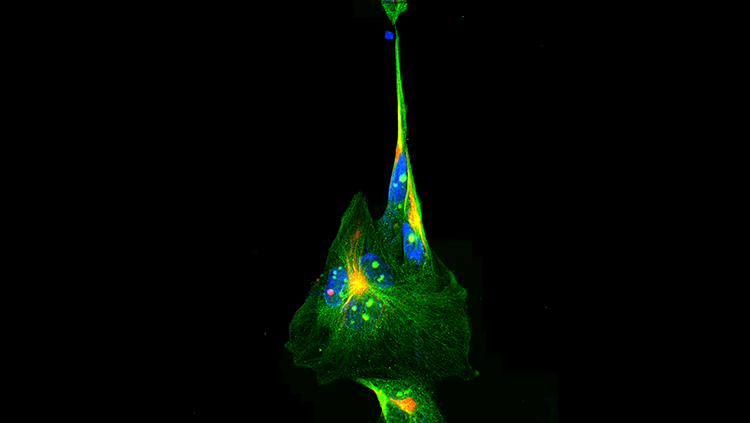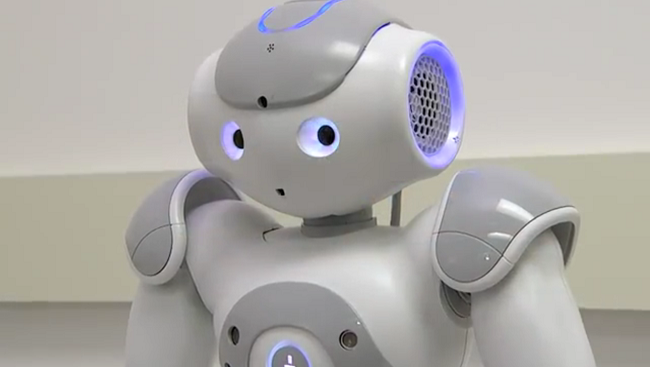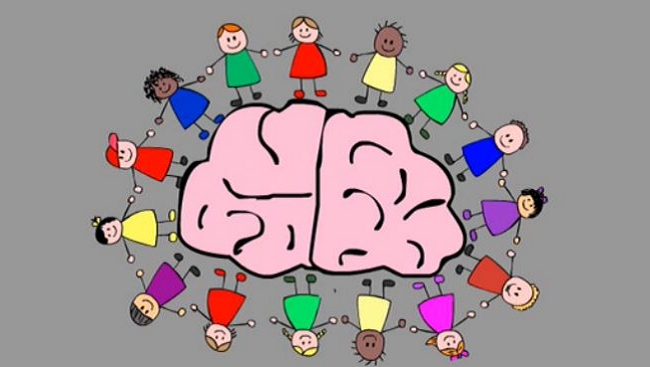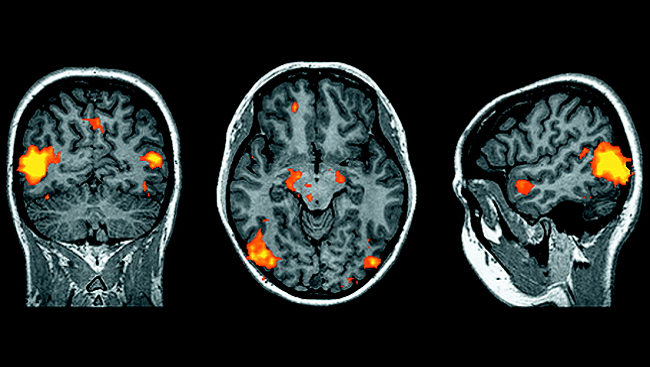Healthy Aging
- Published16 Mar 2011
- Reviewed16 Mar 2011
- Author Susan Perry
- Source BrainFacts/SfN
We all want to age well. Exercise, eating right, and avoiding stress help maintain a healthy body as we age, but what about the brain? New research indicates these same strategies also promote brain health.
Adopting healthy lifestyle habits such as exercising, eating right, and avoiding undue stress can help us maintain and possibly improve brain health as we age.
Why do some people preserve their memory into old age while others do not? Much research is being done to answer this question. While science has yet to find a way to stop the aging process and prevent degenerative disorders such as Alzheimer’s disease and dementia, neuroscientists are actively researching this area and have already found several strategies that may help maintain or improve brain health as we age.
Reaching a better understanding of aging and disease prevention strategies is critically important for maintaining brain health. About 500 million people worldwide were at least 65 years old by 2006, according to the National Institute on Aging. That is 12 percent of the world’s population. By 2030, that figure is expected to climb to 20 percent. As health conditions improve in developing countries, life expectancies will rise, and the number of people with cognitive problems due to age-related disorders is set to skyrocket.
Word puzzles and nighttime classical music are often misguidedly touted as cure-alls to preserving brain health into old age. However, brain myths such as these have now largely been debunked. In fact, human and animal studies have established that simple habits can lead to sharper memory in our later years. Basic science research indicates that many lifestyle choices are linked to brain health. These findings are showing:
How exercise enhances nerve cell formation and survival in parts of the brain associated with learning and memory.
- Why diets high in fat and sugar increase the formation of a protein implicated in Alzheimer’s disease.
- How chronic stress can damage the hippocampus — a brain region linked with learning, memory, and emotion.
Regular exercise is one of the most important recommendations for healthy bodies and brains. Research indicates that aerobic fitness enhances learning and memory in older animals. In aged mice, exercise improved memory retention and the speed of learning. Their time on a running wheel also encouraged the development of new brain cells — a process called neurogenesis — in the hippocampus. Alzheimer’s disease and other forms of dementia are characterized by a decreased number of neurons in this brain region.
The same improvements have been seen in people. Research suggests that physical fitness prevents the atrophy of brain regions, including the hippocampus. One study showed inactive older adults who begin to walk three times a week have improved efficiency in the neural networks involved in cognition. Other results show that physical activity affects executive control functions, such as multi-tasking, scheduling, and planning. Overall, aerobic exercise continues to show positive effects at all levels, from cellular to behavioral.
A balanced diet is important for weight management, which turns out to be another key factor in maintaining brain fitness. Clinical research shows that older men with the most body fat tend to do worse on cognitive tests than their slimmer counterparts. Women show similar effects. Older women with a group of risk factors known as “metabolic syndrome” — excess fat around the waist, high cholesterol, and high blood pressure — had increased rates of cognitive impairment.
Another reason to eat right: blood sugar levels affect brain health. The blood sugar glucose, which the hormone insulin shuttles through the blood stream into cells, provides the brain with fuel. Too much glucose overwhelms the body’s ability to use and regulate sugars effectively. Abnormally low levels of glucose, a state known as hypoglycemia, impair the delivery of nutrients to the brain and injure cells.
In people with insulin resistance, cells don’t respond to glucose normally, so the body releases greater amounts of insulin to compensate. But this can backfire, as elevated levels of insulin often lead to diabetes. One study reported that older adults with diabetes or insulin resistance had abnormalities in the way their brains metabolize glucose and showed impaired performance on a word memorization task. Other research indicates that diets high in fat and sugar increase the formation of amyloid beta, a protein involved in Alzheimer’s disease.
Research shows that avoiding undue stress also is important for promoting healthy aging. Chronic stress can strain the entire body, and physicians have long noted that severe stress weakens the immune system and promotes weight gain. Scientists have found the brain also suffers from long-term psychological stress. Steroid hormones known as glucocoticoids, which are released in response to stress, can have lasting effects on the brain regions that regulate their release. Regions of the aging brain that are most susceptible to decline are especially vulnerable to stress hormones.
Research also suggests that extremely stressful lifestyles could damage the brain’s memory machinery. Prolonged social stress in rodents, tree shrews, and vervet monkeys has been shown to damage the hippocampus. Research in these animals reveals that chronic stress increases cell death, reduces the development of new cells, and decreases connections between cells in the hippocampus.
Fortunately, all this evidence indicates that behaviors that make you feel good — regular exercise, diet and weight management, and low stress — also support your cognitive abilities in the long term.
CONTENT PROVIDED BY
BrainFacts/SfN
Also In Archives
Trending
Popular articles on BrainFacts.org


















